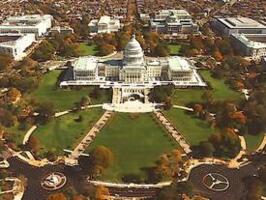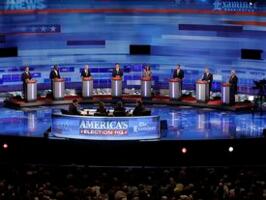Occupy Wall Street Protesters: 36% Favorable 41% Unfavorable
Most Americans still aren’t following news of the Occupy Wall Street protests very closely and have mixed opinions of both the protesters and their authenticity.
Thirty-six percent (36%) of the nation’s Likely Voters have a favorable opinion of the Occupy Wall Street protesters while 41% offer an unfavorable opinion. Last week, a survey of Adults found a slight plurality offering a favorable opinion. Because the new survey was of Likely Voters and the prior one was of adults, the results are not precisely comparable. Additional tracking will measure whatever trends might emerge.





